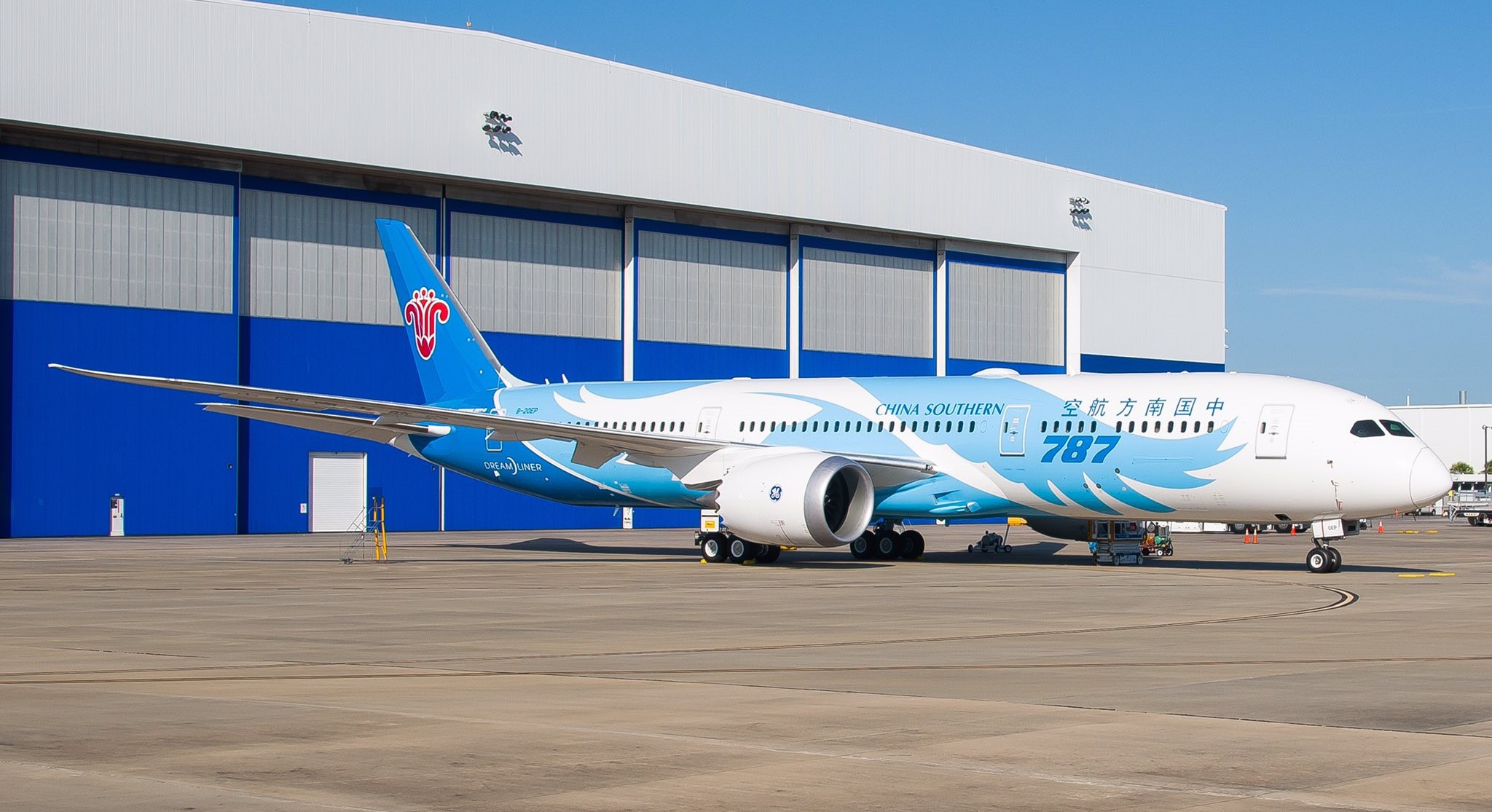


China’s commerce ministry showed its concerns and urged the US to acknowledge the strain on businesses and to foster a more stable and predictable trade environment.
Boeing, that's facing supply chain constraints and fallout from past halts in aircraft deliveries, now faces latest uncertainty in Chinese market.
Responding to questions about the returned planes, the ministry reaffirmed its willingness to support business continuity between US and Chinese entities.
Boeing is considering reselling potentially dozens of aircraft that were returned to the U.S. because of Chinese tariffs.
Saudi Arabia's upcoming Riyadh Air is ready to purchase Boeing jets not delivered to China.
The trade tensions between China and the United States is bringing head winds to the aviation industry, with both Chinese airlines and Boeing suffering significant setbacks due to Trump led Government’s tariff measures.
China's Ministry of Commerce on Tuesday responded to media reports that Boeing recently flew back three Boeing 737 Max aircraft originally intended for delivery to Chinese airlines, amid claims that China has stopped accepting Boeing planes.
"We have noted the relevant reports," said a spokesperson for the Ministry of Commerce. "China and the United States have maintained long-term, mutually beneficial cooperation in the civil aviation sector, which has strongly promoted bilateral trade and people-to-people exchanges."
This statement is Beijing’s first official remark on how tariffs have specifically impacted aviation, following Boeing’s decision to send three 737 MAX jets, originally intended for Chinese buyers, back to the US.
The planes had been sitting in China, awaiting delivery, but growing uncertainties around tariff-related costs and import restrictions led to their return.
The spokesperson criticized the United States for destabilizing global industry and supply chains by imposing tariffs, saying that such actions have disrupted the international aviation market and made it difficult for many businesses to conduct normal trade and investment activities.
"Both Chinese airlines and Boeing have been negatively impacted," the spokesperson said.
China expressed its willingness to continue supporting normal commercial cooperation between enterprises from both countries.
"We hope the U.S. will listen to the concerns of businesses and create a stable and predictable environment for normal trade and investment activities," the spokesperson added.
French aerospace Vendor Safran announced last Friday that China has granted exemptions on some aviation components, including critical items such as engines and landing gear.
However, the constantly shifting tariff policy may lead airline decision-makers to adopt a wait-and-see approach, particularly when it comes to accepting new aircraft deliveries that could come with hefty fees.
Meanwhile, Riyadh Air CEO Tony Douglas announced on Monday that the upcoming carrier is ready to purchase Boeing jets that were undeliverable to Chinese carriers due to the escalating trade war between the United States and China.
“What we’ve done… is made it quite clear to Boeing, should that ever happen, and the keyword there is should, we’ll happily take them all,” Douglas said in an interview with Reuters on the sidelines of the Arabian Travel Market conference.
Tony Douglas also added further that the company plans to announce an order for wide-body jets this summer.
Owned by the KSA’s Public Investment Fund (PIF), Riyadh Air has placed significant orders with both Boeing and Airbus as it prepares to launch operations this year. Last year, the carrier ordered 60 narrow body A321 family aircraft from Airbus and, in March 2023, up to 72 Boeing 787 Dreamliners.
Display Picture (For representation) : Devin
